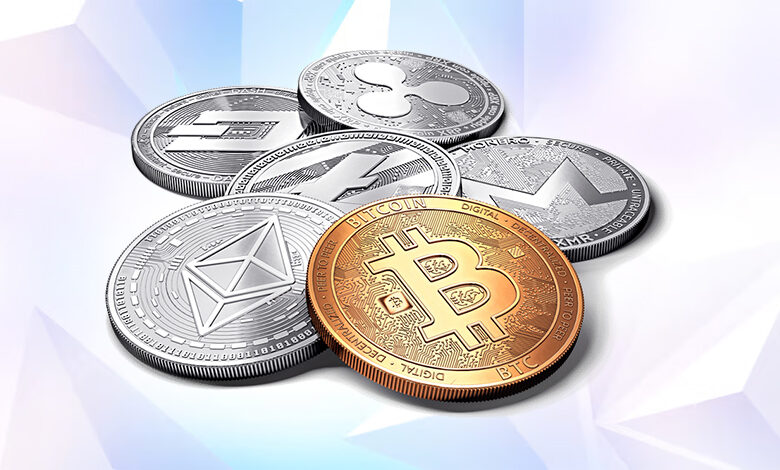Rising Transfer Charges in UAE to Strengthen the Case for Cryptocurrency

The Foreign Exchange and Remittance Group (FERG) has made a major announcement regarding the adjustment of fees for exchange houses operating under the jurisdiction of UAE authorities.
This approval allows for an optional fee adjustment, with a minimum increase of 15%, typically amounting to 2.50 dirhams.
Notably, this decision marks the first in five years, demonstrating a proactive response to the evolving regulatory landscape and the associated increase in costs since the previous update.
The fee adjustment is anticipated to primarily impact remittance services provided through physical branches. However, services offered via mobile apps of exchange houses are likely to remain unchanged or even reduced to maintain competitiveness in the digital realm.
The approval, granted after a deep evaluation of expenses associated with maintaining high service standards and complying with regulatory requirements, aims to strike a balance. It ensures that exchange houses remain competitive while effectively addressing the heightened costs incurred.
Nevertheless, despite the approved adjustment, the average remittance cost of sending $200 equivalent is expected to remain below 3.5%, significantly lower than the global average of 6.2% reported by the World Bank’s Remittance Prices Worldwide database in 2023.
Moreover, the revised pricing aligns with the United Nations’ Sustainable Development Goals, which aim to eliminate remittance corridors with costs exceeding 5% by 2030. This demonstrates a commitment to facilitating affordable and accessible remittance services, thereby contributing to broader global development objectives.
Crypto to Go Strong
However, as exchange houses adjust their fees, it highlights the need to explore alternative avenues, where blockchain technology and stablecoins emerge as promising options.
Stablecoins, by their very nature, offer stability by being pegged to fiat currencies like the US dollar, which provides a reliable means of value transfer, ensuring that recipients receive the intended amount without volatility.
Moreover, blockchain technology facilitates secure and efficient transactions. The decentralized nature of blockchain ensures transparency and immutability, mitigating the risk of fraud and errors.
Blockchain transactions also typically incur lower costs and faster processing times compared to traditional remittance channels, making them an attractive option for both senders and recipients.
Recent data from Glassnode reveals that Bitcoin’s Lightning Network offers a significantly cheaper alternative to legacy payment networks. With a median fee rate of 0.0029%, it’s 1,000 times cheaper than Mastercard or Visa processors. This low-cost, fast payment solution demonstrates the transformative potential of blockchain technology.
James Check, the lead analyst at Glassnode, told Cointelegraph that the median fee rate, or the fee charged per 1 BTC sent across the Lightning Network, is currently 3,000 satoshis (the smallest unit of Bitcoin). That is “equivalent to $0.84 to send $28,800 worth of value, which is a fee of 0.0029%.”
As traditional remittance channels face criticism for their high fees, particularly with Visa and Mastercard imposing fees ranging from 2-3% per transaction, the affordability and efficiency of cryptocurrency and blockchain-based transfers become increasingly evident. With each passing day, as more individuals and businesses adopt blockchain technology and stablecoins, the gap between traditional and digital solutions widens further.
With this said, the trajectory is clear: the ongoing adoption of blockchain technology and stablecoins will inevitably challenge the economic viability of traditional remittance channels.
The future of remittance lies in digital innovation, offering an easy, secure, and cost-effective transfer experience that aligns with the evolving needs of global financial transactions.





